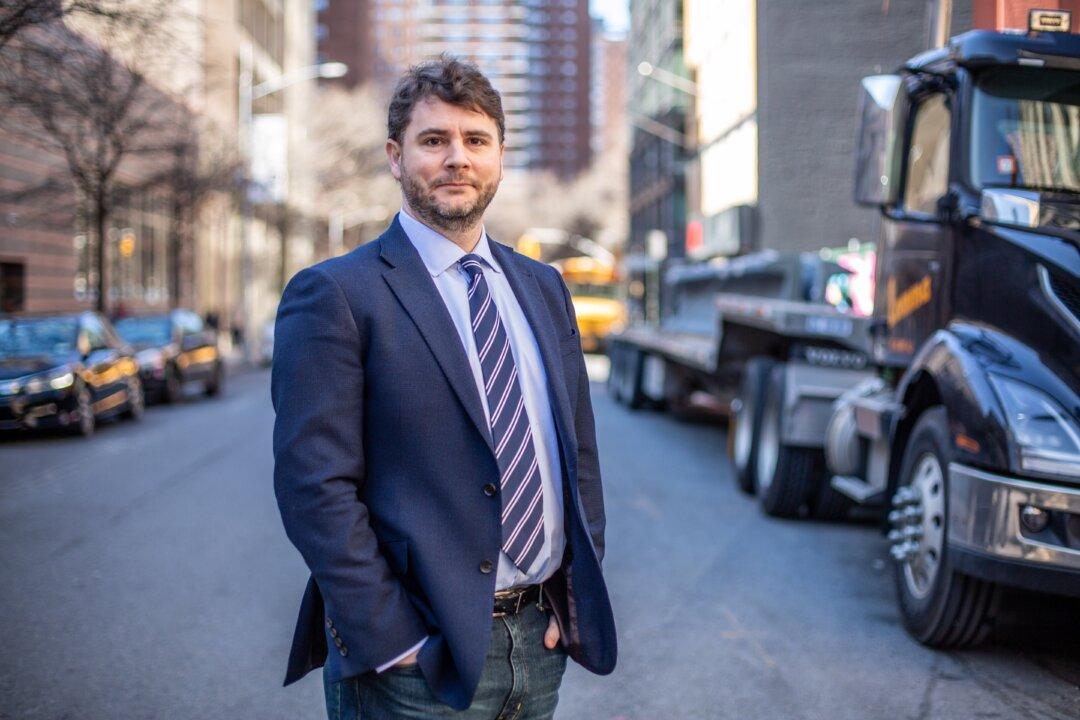Marxist revolutions failed in advanced capitalist countries because people valued their traditional culture, institutions, and values, according to James Lindsay, bestselling author and founder of New Discourses.
Critical race theory is used like “acid” to dissolve American society and break down its critical institutions, Lindsay told EpochTV’s “Crossroads” program.






